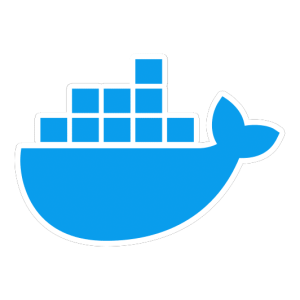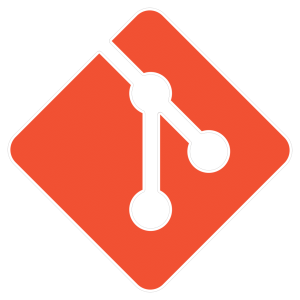Technologies used in this project





Objectives
The “docker-compose-collection” repository serves as a centralized resource for Docker Compose configurations tailored for diverse applications and services, now including seamless integration with Portainer. The key objectives of this repository remain unchanged, but now with the added benefit of simplified management through Portainer:
- Curated Collection:
- To curate a comprehensive collection of Docker Compose configurations covering a wide range of applications, services, and development environments.
- Simplified Deployment:
- To simplify the deployment process of complex Docker-based environments by providing ready-to-use Docker Compose files with pre-configured settings, including seamless integration with Portainer.
- Enhanced Development Workflow:
- To streamline the development workflow by offering Docker Compose configurations that enable developers to quickly spin up and test applications in isolated environments, with Portainer as a management interface.
- Versatility and Flexibility:
- To ensure versatility and flexibility by including configurations for various use cases, now with the added benefit of Portainer integration.
- Community Collaboration:
- To encourage community collaboration and contributions by inviting developers to submit their own Docker Compose configurations and share their expertise with others, leveraging the simplicity of Portainer for management tasks.
By achieving these objectives, the “docker-compose-collection” repository aims to serve as an even more valuable resource for developers and DevOps professionals, enabling efficient deployment and management of Docker-based applications and services with the added convenience of Portainer integration.
Project Implementation
In executing the project, several key components were developed to streamline the deployment and management of Docker-based environments, with a focus on enhancing user experience and efficiency:
Docker Compose Template Creation:
- A standardized template was crafted to facilitate the addition of Docker Compose configurations for various applications and services. This template ensured consistency across deployments and simplified the process of creating new configurations.
CI/CD Pipeline Integration:
- Continuous Integration and Continuous Deployment (CI/CD) pipelines were implemented to automate the generation of essential project documentation. This included automatically generating the README file to provide comprehensive instructions for deploying and managing the Docker Compose configurations.
Automatic Inventory Generation for Portainer:
- A mechanism was developed to automatically generate an inventory file tailored for use with Portainer, a popular Docker management interface. This inventory file provided a structured overview of deployed services, making it easier for users to manage and monitor their Docker environments through Portainer’s intuitive interface.
Streamlined Deployment and Management:
- With the Docker Compose template, CI/CD pipelines, and automatic inventory generation in place, the project achieved its overarching goal of simplifying deployment and management tasks. Users could seamlessly add new configurations, generate documentation, and create Portainer inventories with minimal manual intervention.
Enhanced Efficiency and Collaboration:
- By automating repetitive tasks and providing standardized templates and documentation, the project significantly enhanced efficiency and collaboration within the development process. Developers could focus more on innovation and less on administrative overhead, leading to faster iteration cycles and improved project outcomes.
Through meticulous planning and execution, the project successfully delivered a streamlined workflow for deploying and managing Docker-based environments, empowering users to leverage the full potential of containerization technology with ease and efficiency.
